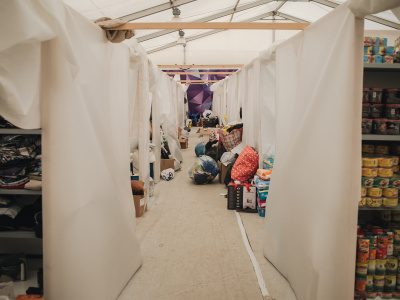
Africa-EU relations and post-Cotonou: African collective action or further fragmentation of partnerships?
The EU and the African, Caribbean and Pacific (ACP) group of states formally kicked off negotiations for a new partnership agreement in the margins of the September 2018 UN General Assembly. The EU has proposed a complex hybrid formula based on continuity through a common foundation for all ACP countries, as well as deeper regionalisation by means of three distinct regional protocols with Africa, the Caribbean and the Pacific respectively.
Summary
This briefing note looks at some unresolved questions and in particular who should negotiate a new deal between the EU and Africa. This thorny issue arose when the AU called for a direct negotiation of a new continent-to-continent partnership with the EU outside the ACP-EU framework.
The African members of the ACP have been riding two horses at once, paying lip service to the call from the African Union (AU) for an equal and modern partnership with the EU while willingly rushing into negotiations with the European Commission under the flag of the ACP. The start of the negotiations shows that the diplomatic process has preceded political consensus in African capitals, which creates significant confusion in EU, AU and ACP circles.
This briefing note concludes that negotiating an African protocol under the ACP-EU banner is likely to produce a fragile and contested outcome. The push for a ‘hybrid solution’ will lead to the fragmentation of partnerships at a time where both the AU and the EU are calling for a stronger alliance.
The time is ripe for both African members of the ACP and the EU to make a clear choice on the direction of Africa-EU relations post 2020 and on the right institutional set-up to pursue these aims. As in other international negotiations, both parties may need to accept that ‘they can’t have their cake and eat it’.
In addition to structural support by ECDPM’s institutional partners: The Netherlands, Belgium, Estonia, Finland, Ireland, Luxembourg, Sweden, Switzerland, Denmark and Austria, this briefing note also benefits from funding by UK aid from the Department for International Development (DFID), United Kingdom.





